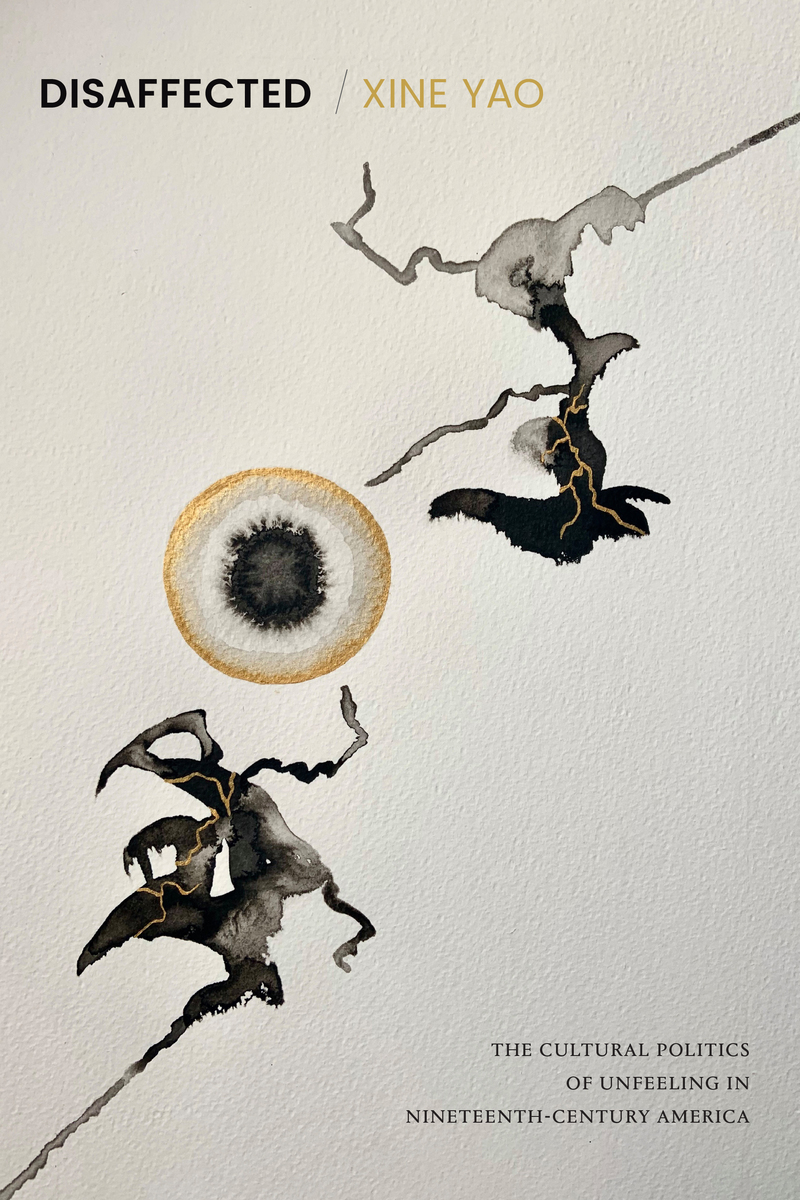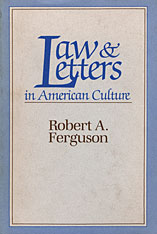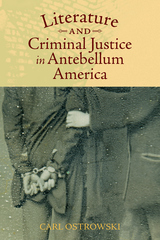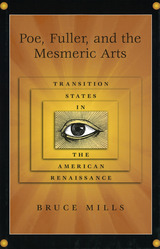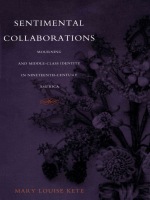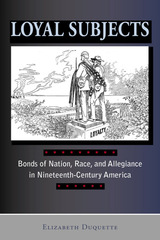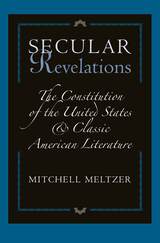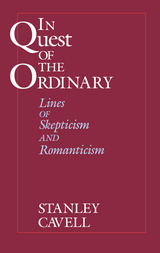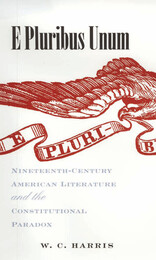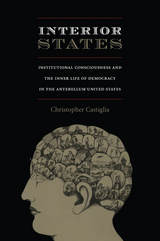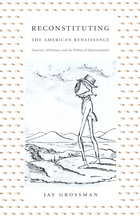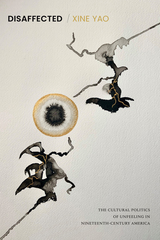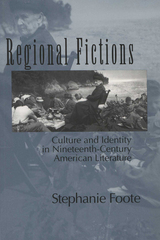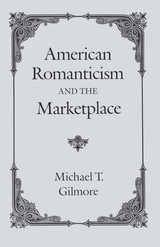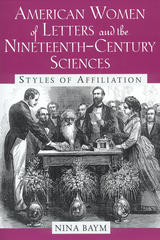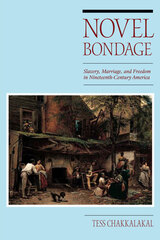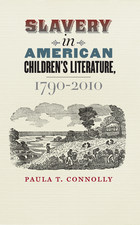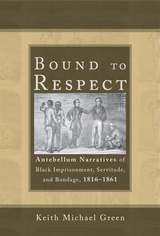Disaffected: The Cultural Politics of Unfeeling in Nineteenth-Century America
Duke University Press, 2021
Cloth: 978-1-4780-1389-1 | Paper: 978-1-4780-1483-6 | eISBN: 978-1-4780-2210-7
Library of Congress Classification PS217.R28Y36 2021
See other books on: African Americans in literature | Cultural Politics | Emotions in literature | Nineteenth - Century America | Race in literature
See other titles from Duke University Press
Cloth: 978-1-4780-1389-1 | Paper: 978-1-4780-1483-6 | eISBN: 978-1-4780-2210-7
Library of Congress Classification PS217.R28Y36 2021
ABOUT THIS BOOK | AUTHOR BIOGRAPHY | REVIEWS | TOC | REQUEST ACCESSIBLE FILE
ABOUT THIS BOOK
In Disaffected Xine Yao explores the racial and sexual politics of unfeeling—affects that are not recognized as feeling—as a means of survival and refusal in nineteenth-century America. She positions unfeeling beyond sentimentalism's paradigm of universal feeling. Yao traces how works by Herman Melville, Martin R. Delany, Elizabeth Stuart Phelps, Frances Ellen Watkins Harper, and Sui Sin Far engaged major sociopolitical issues in ways that resisted the weaponization of white sentimentalism against the lives of people of color. Exploring variously pathologized, racialized, queer, and gendered affective modes like unsympathetic Blackness, queer female frigidity, and Oriental inscrutability, these authors departed from the values that undergird the politics of recognition and the liberal project of inclusion. By theorizing feeling otherwise as an antisocial affect, form of dissent, and mode of care, Yao suggests that unfeeling can serve as a contemporary political strategy for people of color to survive in the face of continuing racism and white fragility.
Duke University Press Scholars of Color First Book Award recipient
Duke University Press Scholars of Color First Book Award recipient
See other books on: African Americans in literature | Cultural Politics | Emotions in literature | Nineteenth - Century America | Race in literature
See other titles from Duke University Press
